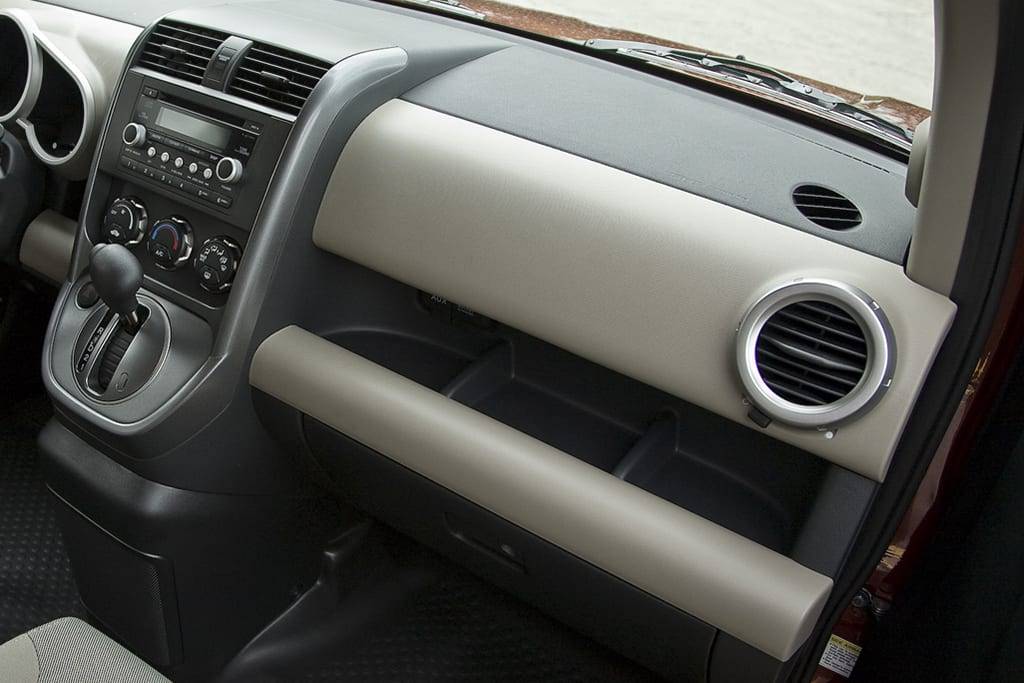Takata: 1 in Every 371 Inflators Ruptured in Testing


CARS.COM — Hundreds of Takata airbag inflators extracted from cars have ruptured in testing, according to a July report from Takata posted Sep. 23 by the National Highway Traffic Safety Administration. Takata said that as of May 2016, it had tested 245,000 inflators, and 660 — 0.27 percent — have ruptured. That’s equivalent to 1 in every 371 inflators tested.
Related: Is Your Car Par of the Takata Airbag Recall?
NHTSA posted four reports last week, including Takata’s summary of its own internal investigation as well as reports from third-party researchers. According to the company, the rate of rupture for its ammonium-nitrate inflators totaled 0.27 percent, but the ruptures vary a lot based on where the inflators came from. Cars in Hawaii and a swath of humid southern states such as Alabama, Florida, Georgia, Louisiana, Mississippi, South Carolina and Texas saw the highest rate of rupture. Among this batch, Takata observed a rupture rate of 0.58 percent, or roughly 1 in every 172 inflators. Contrast that with cars in Takata’s least-humid zone — mostly Rocky Mountain and Upper Midwest states plus Alaska, Maine, New Hampshire and Vermont — where the incidence of rupture was essentially zero, the company found.
NHTSA posted the documents online “as part of its ongoing investigation into Takata air bag inflators,” the agency said in a statement to Cars.com. “Under NHTSA’s November 2015 Consent Order, Takata was required to provide a detailed written report to NHTSA regarding the history of the rupturing inflator issues that gave rise to the recalls.”
Takata’s ammonium-nitrate airbag inflators are under the largest collective recall in U.S. automotive history, affecting tens of millions of cars as old as model-year 2000 vehicles. The number could swell to 70 million inflators, but Bloomberg News notes that only a little more than a third of existing Takata recalls are repaired. Exposure to humidity can degrade the inflator propellant over time, causing the airbag to deploy with too much force in an accident and send metal shards into the cabin. Regulators have blamed at least 10 U.S. deaths on the defective inflators.
NHTSA says Takata will have to recall all ammonium-nitrate inflators without desiccant, a moisture absorber, by the end of 2019. The company’s non-desiccated inflators are broadly regarded as the most rupture-prone group. Regulators have directed Takata to focus its testing on ammonium-nitrate inflators with desiccant, even as the supplier is barred from entering into any new contracts for ammonium-nitrate inflators with or without the moisture absorber. But existing contracts can still pan out, and automakers still employ both types of inflators in many new cars.

Former Assistant Managing Editor-News Kelsey Mays likes quality, reliability, safety and practicality. But he also likes a fair price.
Featured stories




